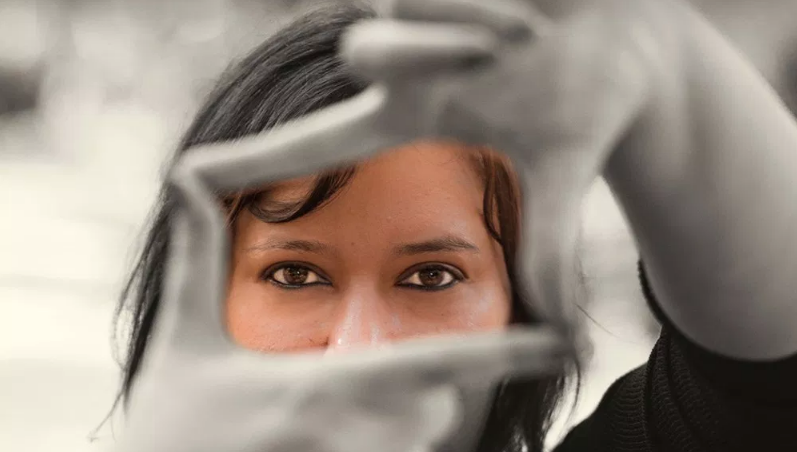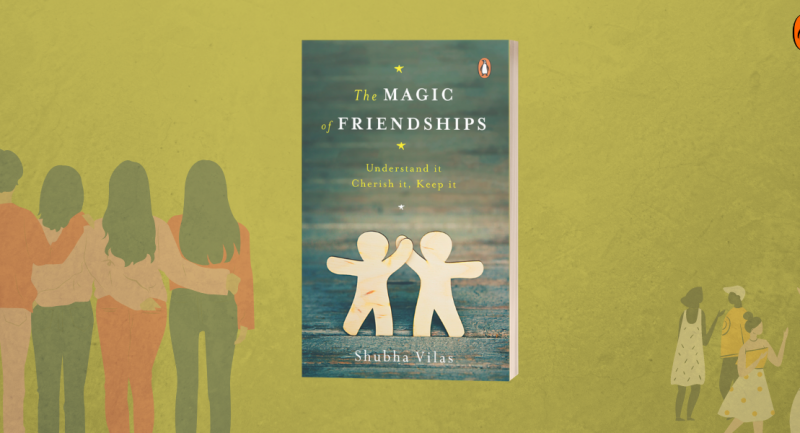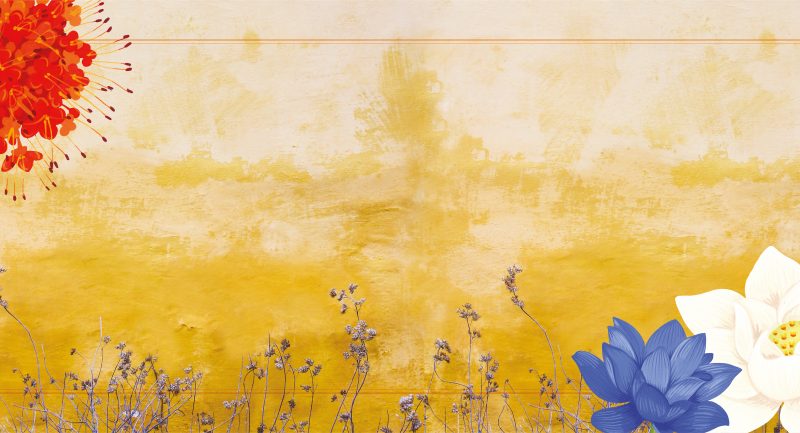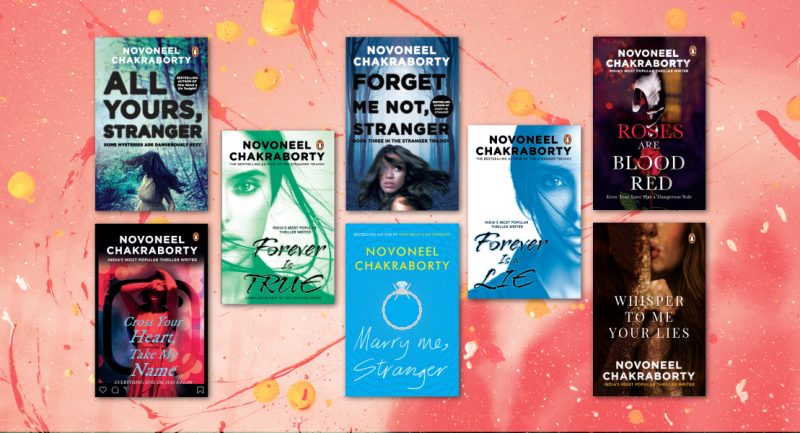
In their book, Changemakers, Gayatri Rangachari Shah and Mallika Kapur tell us the story of twenty incredible women, many with no prior connections in the Bollywood industry, who have carved successful careers despite significant challenges.
We talk to them about some of the challenges they encountered while writing this book, as well as how the entire process was, on the whole.
How did the idea for this book come to you?
We were both working journalists in India, based in Mumbai and found we were constantly drawn to stories that revolved around the place of women in Indian society. What really bothered us was one set of data – that less than a third of India’s women work. But we found one industry bucking that trend. And that was Bollywood, which has always been known as an all boys club.
More women than ever worked in Hindi cinema, and certainly many more of them behind the scenes. We were intrigued – who were these women? What drew them to Bollywood? How did they break into such a male dominated space? We started researching their stories and were fascinated by them. We wanted to share them with a broader audience.
Why did you choose each other as the co-author?
Working with each other was a natural choice. Firstly, because we are old friends – twenty years ago we were classmates at Columbia University’s Graduate School of Journalism! Since we were trained in the same way, our ethics and sensibilities match very closely. We were moved by the same stories and driven by the same passion to tell them.
What is the timeline of the book?
It took us almost two years. Penguin green lit the book in April 2017 and it hit the shelves in October 2018.
Of course, we had begun our research a few months prior to our proposal being picked up. We started thinking of the idea in January 2017.
How did you divide the research process/work load between the two of you?
We worked on the research together – we read anything and everything we could get our hands on regarding Bollywood and women in film. When we found something interesting we shared it with each other immediately.
We spent many hours brainstorming ideas on the phone since we are now based in two different countries – thank goodness for free WhatsApp calls!
When we began interviewing our subjects, each of us did the primary interviews with ten women. We split the supplementary interviews between us. Editing was a real collaboration and a cross-country effort! We worked off Google documents and we would be on the phone and also in the same document at the same time, moving paragraphs around and rewriting sentences to make them sharper. Technology was a real enabler and a boon.
Did the difference in time make it a problem to coordinate to discuss or review ideas?
We didn’t let that come in the way! Given we are both working parents, we snatched any and every free minute we could to discuss or review ideas. Sometimes that meant very late night calls or very early Skype sessions. We were pretty much glued to our phones and computers for a year and a half!
How would you describe your long-distance author relationship? Was it easy or hard?
Looking back, it wasn’t hard at all. We spent way too much time with gadgets – be it our phone, iPads or laptops – we were in constant touch and it’s amazing how easy communication has become despite time zone differences!
What were some of the challenges you faced while co-authoring a book? Do you think you would have faced the same challenges had you been in the same city?
Actually being in two different time zones and carrying on with our other jobs and assignments made it easier. When one of us was crashing against a deadline at work, the other picked up a heavier load. When one of us was away on a family vacation, the other held fort. We maintained this rhythm through the process of researching, writing and editing. Yes, we couldn’t sit in the same room and brainstorm like we could have if we were both in Mumbai but that probably made us use our time more efficiently. And given Mumbai traffic, we probably saved ourselves a lot of commuting time by using FaceTime and WhatsApp instead!
Changemakers tells the story of twenty incredible women, many with no prior connections in the industry, who have carved successful careers despite significant challenges.









